Mozambique: Government has 180 days to decide on concession of N4 to TRAC
Mozambique: Prime Minister opens Vodacom data centre – photos
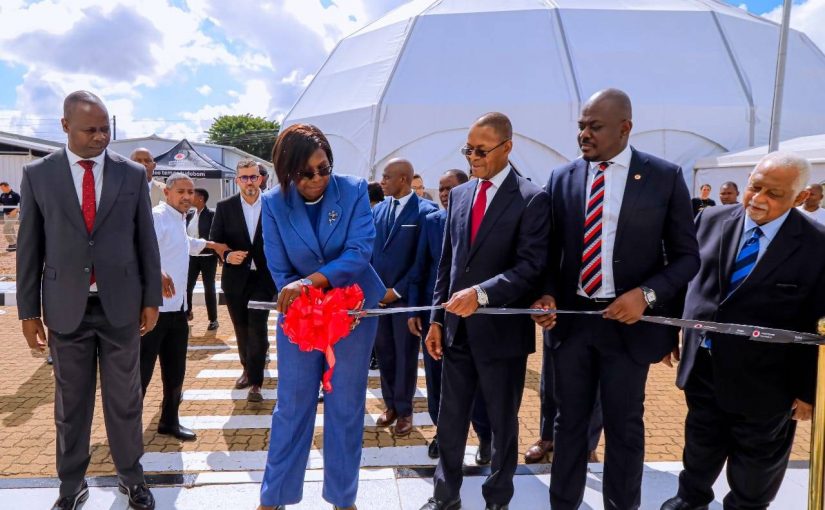
Photos: Gabinete do Governador da Província de Maputo
Mozambique has 17 data centres, the Prime Minister, Benvinda Levi, said on Friday at the inauguration of the most recent of these infrastructures, owned by mobile operator Vodacom, with the government promising to review the legislation on cyber security.
“Our country now has 17 data centres, including this one from Vodacom Mozambique, which has just been inaugurated. Establishing this data centre is a significant step forward in our country’s digital transformation,” she said at the ceremony.
Prime Minister Benvinda Levi highlighted the importance of these centres, as they are “fundamental to the activities of the public and private sectors”, by “centralising and securely storing massive volumes of data”.
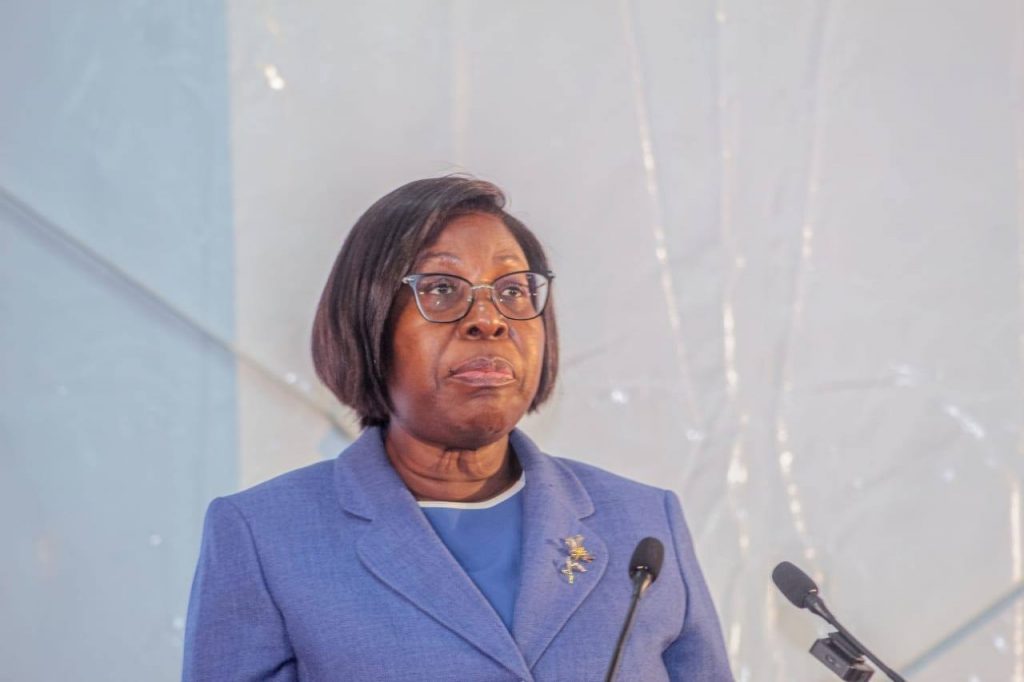
“This infrastructure complements the efforts made by the government and the private sector to create the conditions for increasing and diversifying content and information storage capacity in the country,” she said.
She added that the government was “improving regulations in digital transformation” to “establish a legal framework that responds to the new challenges arising from the rapid development of information and communication technologies”.
“We are drafting regulations on cyber security, cyber crime, data protection, development, contracting and operation of cloud computing services, among others. By drafting these instruments, we aim to provide our country with an increasingly robust digital ecosystem that is secure and in line with global best practice, as well as encourage investment in this sector, which is booming,” said Benvinda Levi.

The new data centre is located in Tchumene, Matola, on the outskirts of Maputo. Its construction started in 2023,
The chairman of the board of mobile telecommunications operator Vodacom, Lucas Chachine, said that the new data centre “is not just a technological investment”, but also “a commitment to the future, to economic growth and modernisation” of the country and to the “digital revolution”, which “is no longer a distant concept”.
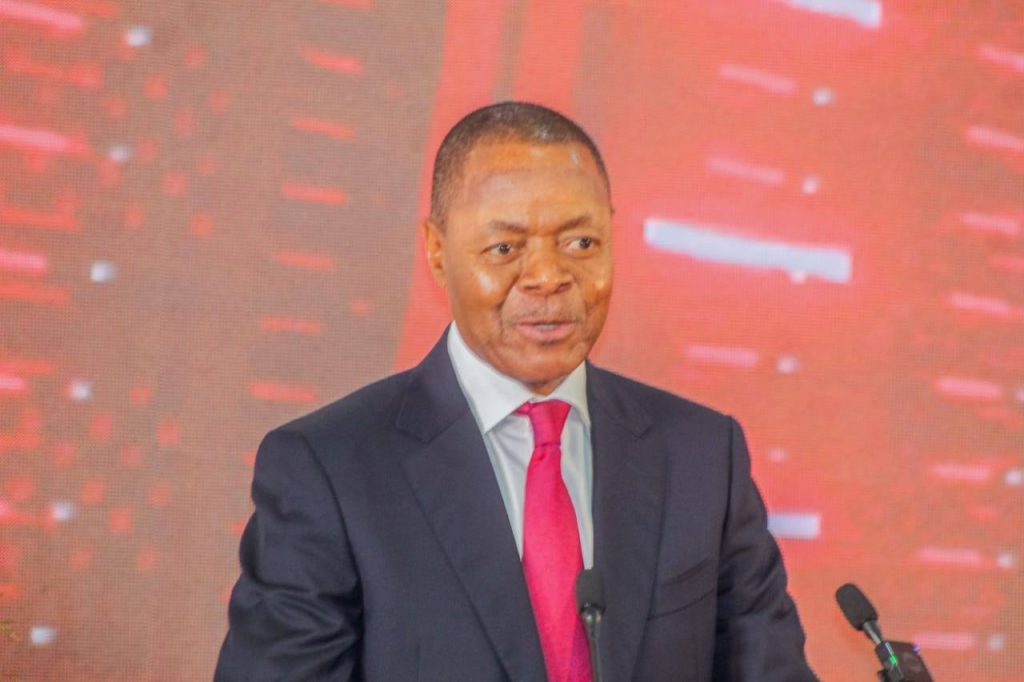
“It’s happening, and how we adapt to it will determine our position in the global economy. Countries that invest in robust and secure digital infrastructures become more competitive destinations for investment, creating opportunities for their citizens and ensuring a more sustainable future. Mozambique cannot and must not be left behind, “Chachine said.
“The world is migrating towards digital solutions, cloud storage and intelligent services. The growth of sectors such as digital banking, e-commerce, connected health and artificial intelligence requires state-of-the-art technological infrastructure, which is exactly what this data centre represents,” he added.
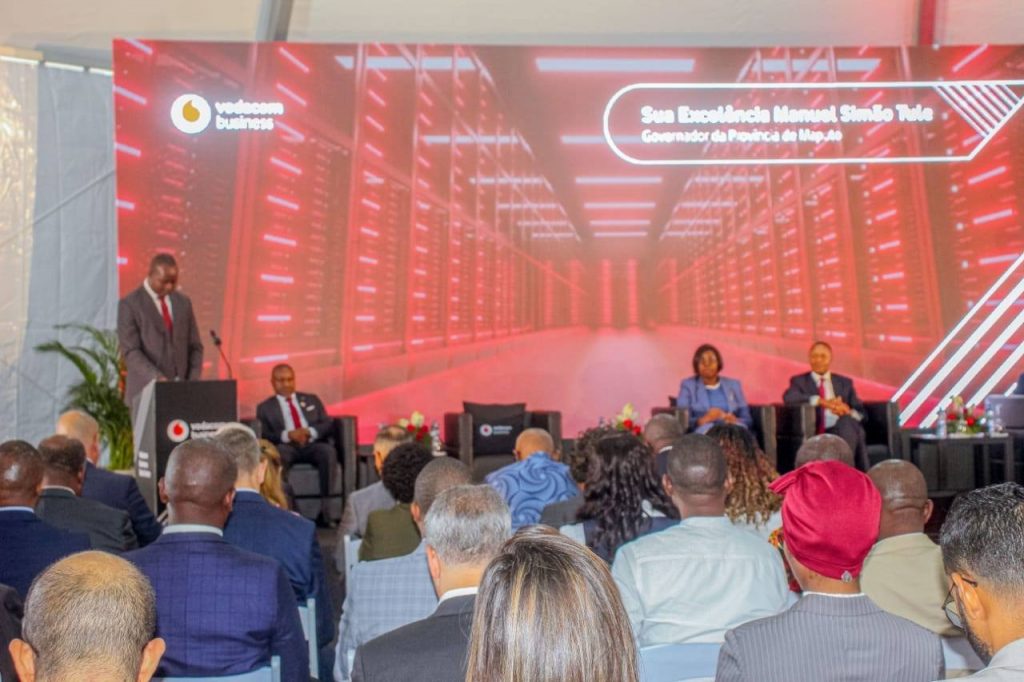
Lucas Chachine explained that this “tier 3” data centre – the second highest among four levels of resilience – “ensures that Mozambique can store and process its data, with security, efficiency and digital sovereignty”, since until now “many companies and institutions have depended on data centres located” abroad, with “high costs, greater latency, less security and less control” of the information itself.
In addition to the “internal impact”, Chachine emphasised that with this infrastructure Mozambique “becomes a more attractive destination for foreign investment”, being able to respond to multinational and technological companies that “are looking for countries with secure and reliable data storage and processing infrastructures”: “And now Mozambique can offer that guarantee”.
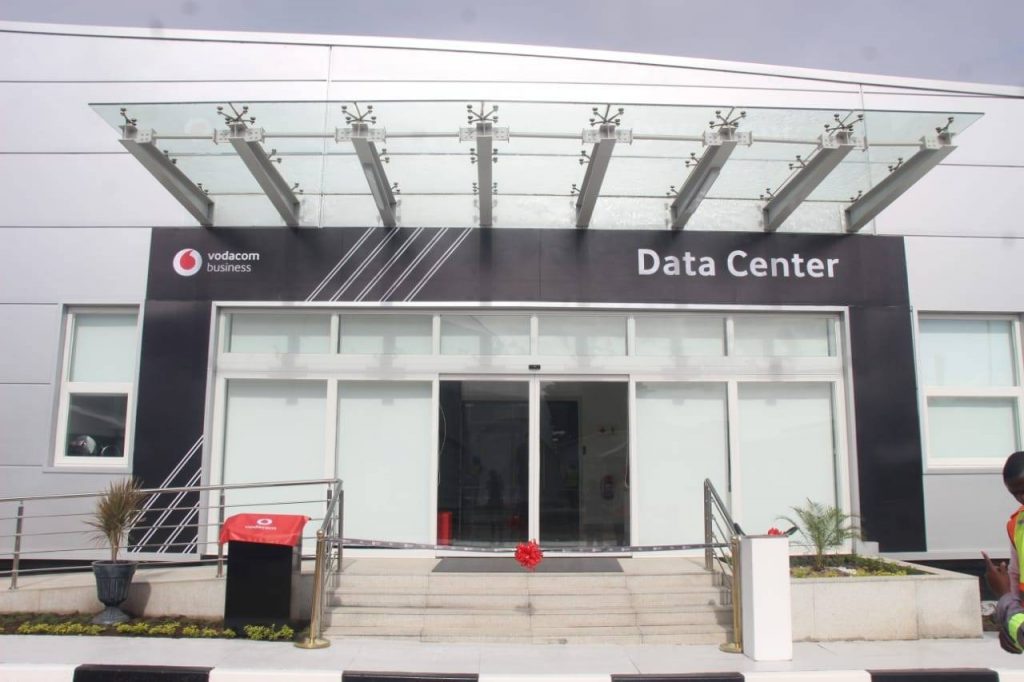
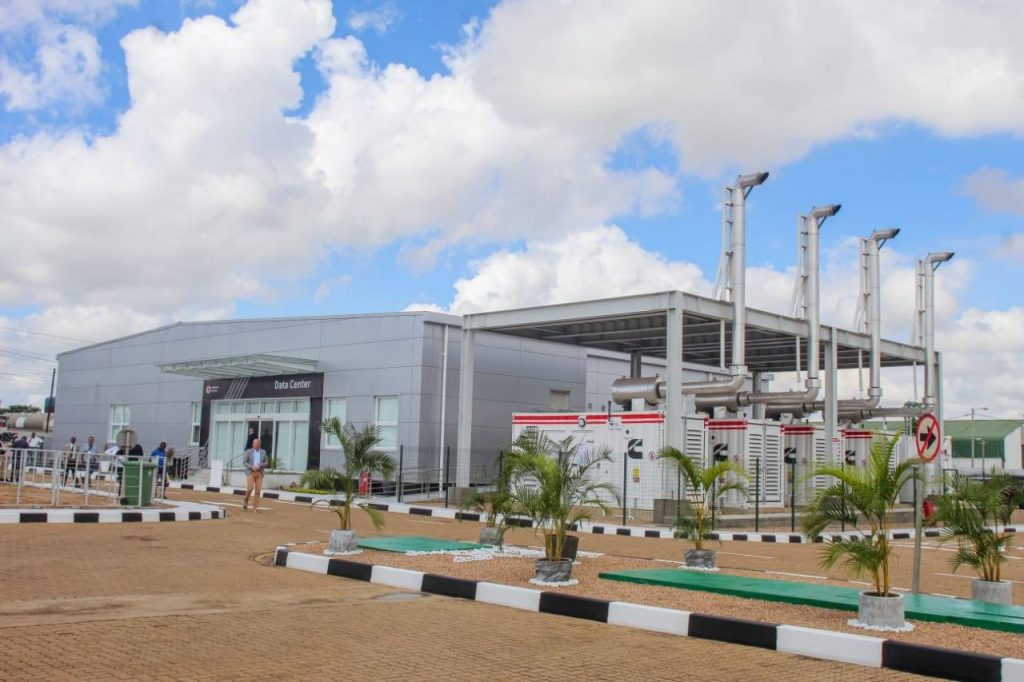












Leave a Reply
Be the First to Comment!
You must be logged in to post a comment.
You must be logged in to post a comment.